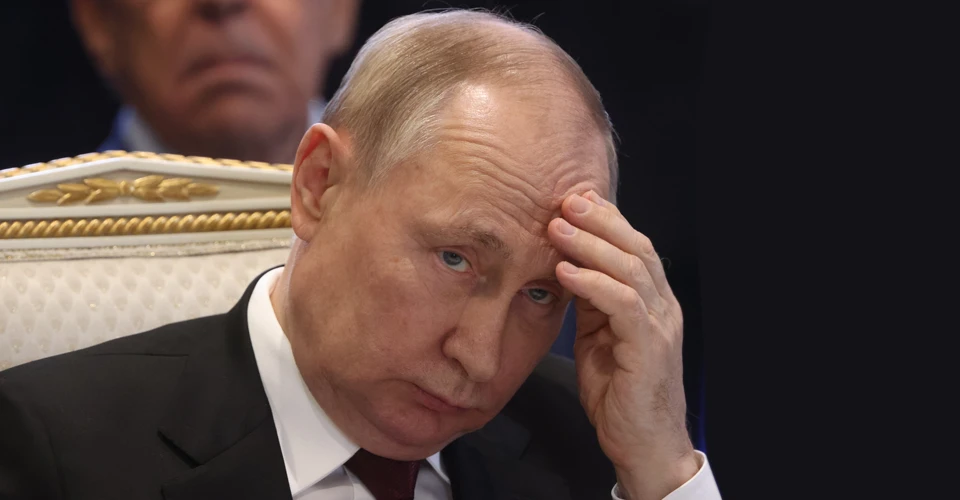
Real threat for Putin is not expansion of NATO, but democratization of neighboring countries
Real reasons for invasion of Ukraine lie in internal Moscow politics, which is most afraid of democratic processes in neighboring countries
American diplomat and Stanford University professor Michael McFaul gave a public lecture entitled "Causes and consequences of Putin's invasion of Ukraine", where he shared his thoughts on the real goal of Kremlin's military operation, as well as possible scenarios for development of armed conflict, BBC reports.
According to him, the official position of Russian authorities that invasion of Ukraine is Moscow's reaction to "aggressive policy of NATO" is internally contradictory and cannot withstand criticism. At most, until recently, Russia's relations with NATO were not even mentioned by Moscow as a problematic issue.
"I was present at all meetings and all telephone conversations between Obama and Putin and with Medvedev. And I don't remember a single case when we discussed the problem of Russia's relations with NATO," McFaul assured.
The real reasons for the invasion, the professor believes, lie in the internal politics of Moscow. The Kremlin considers the democratic processes that led to a change of power in Georgia (2003) and Ukraine (2004), and later in Egypt, Libya and Syria (2011) to be the result of purposeful actions by Washington.
Viktor Yanukovych's defeat in the presidential elections in Ukraine was perceived by the Russian leadership in the same way. For the Kremlin, this was the last straw, because from the point of view of Vladimir Putin, any US victory is equal to the loss of Moscow and oppression of Russian interests.
"Real threat to Putin is not the expansion of NATO, but democratization of neighboring countries," the former ambassador is confident. Ukraine's democratic choice puts two of Kremlin's most important narratives at risk: "there is no separate Ukrainian nation" and "we are not like them."
However, just as deployment of troops to Afghanistan was "beginning of the end" for the Soviet empire, so invasion of Ukraine is the beginning of the end of Russia, McFaul is sure.
"Our goal is to help Ukraine win," the diplomat summarizes. "This is not only in the interests of Ukraine, but also in the interests of Europe, as well as the guarantee of global security and celebration of democratic ideas."
From 2012 to 2014 (before annexation of Crimea), McFaul represented Washington's interests in Russia as ambassador, and before he held the position of Barack Obama's special assistant on national security issues. He is considered the architect of "reset policy" in relations between Moscow and Washington.
- News








































